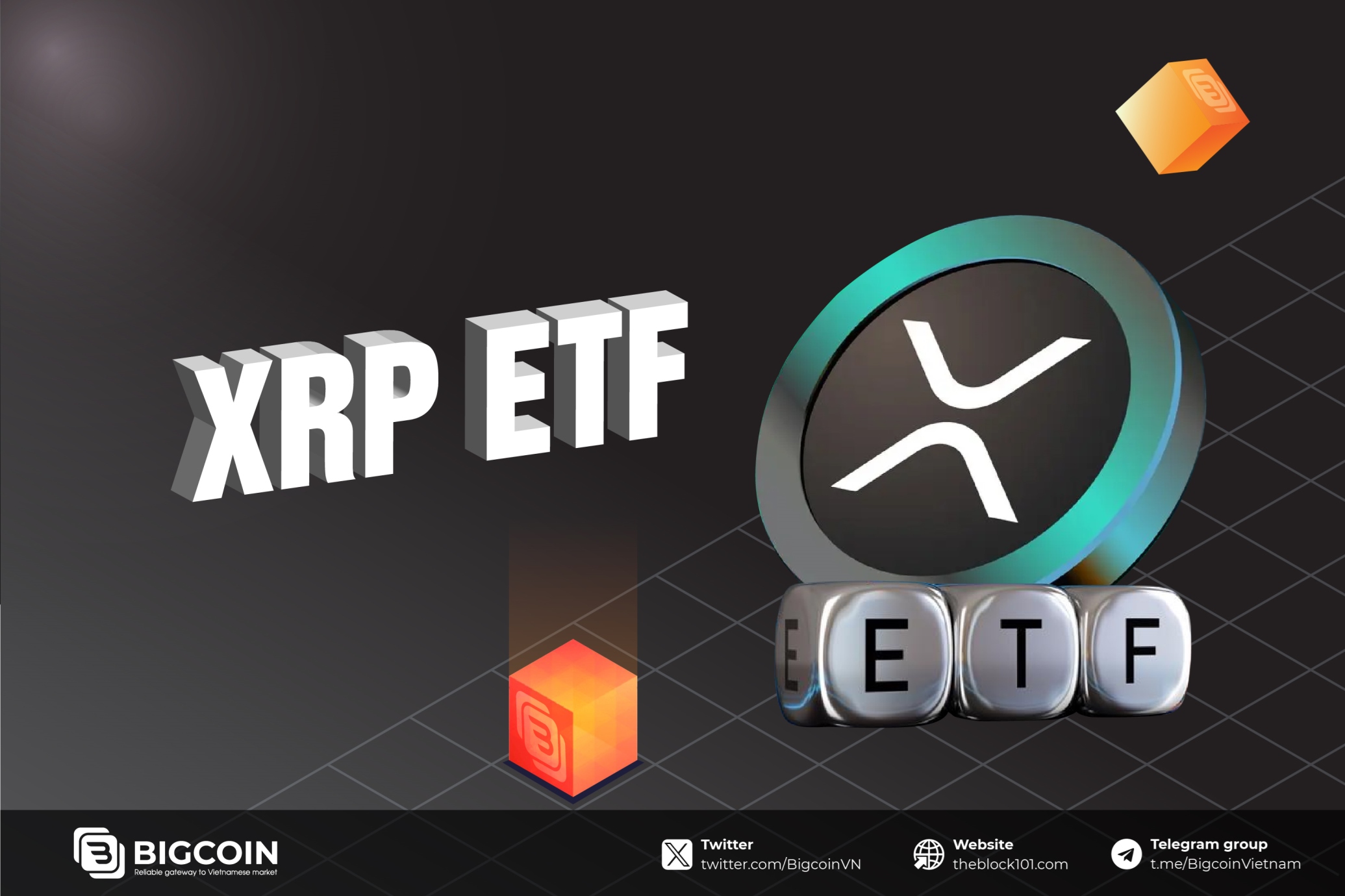.jpg)
1. What is Crypto?
The term "crypto" is commonly used to refer to cryptocurrency, which is a type of digital currency or asset built on blockchain technology and employs encryption to secure transactions and control the creation of new units.

Cryptocurrencies are typically not managed or controlled by any financial institution or central government. They often operate on distributed ledger technology like blockchain to ensure transparency and immutable data.
Bitcoin is one of the first and most well-known cryptocurrencies, created in 2009. However, there are thousands of different cryptocurrencies used for various purposes, ranging from facilitating online value transfers to deploying smart contracts and decentralized applications.
2. Overview of blockchain security in crypto
Blockchain security is the important foundation behind the development of the crypto market, playing a decisive role in the safety and transparency of transactions within the system. Blockchain is a decentralized and distributed data storage system that employs robust encryption, has solved significant issues in the financial and online transaction.
.jpg)
One key feature of blockchain is its decentralized nature, where data is not stored at a single point but is distributed across multiple network nodes. This not only reduces the risk of data loss but also enhances resistance against network attacks.
Blockchain security is not limited to decentralization but also lies in how data is validated and protected through encryption. Each data block in the blockchain is linked to the previous block through a hash, forming an immutable chain that cannot be altered without modifying the entire transaction history.
However, to ensure maximum security, attention must also be paid to the human factor. Maintaining strong passwords, using cold wallets to store cryptocurrencies, and avoiding the online sharing of personal information are important security measures.
3. Blockchain security issues
Can blockchain be hacked or attacked? The answer is yes. Some cases below illustrate the potential risks of blockchain networks being hacked.
.png)
A hacker or a group of hackers could take control of a blockchain by controlling over half of the computational power, called hashrate. If they own more than 50% hashrate, they can manipulate a blockchain, which is called a 51% attack. This allows them to make changes to transactions not yet confirmed by the blockchain before they take control. A transaction is considered successful after being confirmed six times.
For example, when you transfer 1 BTC to a friend, the transaction is recorded and confirmed in a block - this is the first confirmation. The data of that block is then recorded in the next block, confirmed, and the block is closed - this is the second confirmation. This process must happen five more times for the network to process the transaction (at least in the Bitcoin blockchain). Unprocessed transactions can be reversed in a 51% attack.
The hacker can then freely use the tokens involved in unconfirmed transactions. They can transfer this money to anonymous addresses, and the altered blockchain will work according to how they programmed it.
*Smaller-scale blockchains have been attacked in this way, but larger networks like Bitcoin and Ethereum make successful attacks nearly impossible due to the substantial costs associated with owning 51% hashrate (BTC) or staked crypto (ETH).
4. Best crypto app for beginners
Ownership of cryptocurrencies is closely related to the encrypted data on the blockchain and an associated token. Each token is assigned a private key, held by the owner or a custodian appointed by the owner.
4.1. E-wallet (Electronic wallet)
In the crypto market, there is a saying: "Not your keys, not your coin," implying that if you don't own your private keys, you can't ensure the safety of your assets. Every cryptocurrency wallet provides users with a private key, acting similarly to a key to a safe deposit box. If someone gains access to this key, the user's assets are at risk.
.png)
Due to the importance of private keys in digital wallets, they become the focal point of hacking incidents. There are various methods for storing the private keys of a digital wallet. All private keys are stored within wallets, which are software applications installed on mobile devices and computers. They can also be stored on similar devices like USB drives or written on paper.
Electronic and software versions can be either connected to the internet (hot) or offline (cold). Cryptocurrency exchanges commonly provide both hot and cold storage methods for their users, with the nature of these methods being custodial as they hold your keys on your behalf.
Applications (software) and devices can be susceptible to hacking as the private keys stored in the applications and wallets on the device can be accessed, allowing hackers to gain unauthorized access and steal your cryptocurrencies.
4.2. Cryptocurrency exchange
Despite organizations or individuals claiming to have high-security measures for holding keys, they remain a vulnerability. Exchanges often hold a reserve of cryptocurrencies to ensure liquidity and maintain private keys for many of their customers. This makes them an attractive target for hackers.
If you do not store your private keys on the exchange, they cannot be accessed, and your cryptocurrencies will be safe—at least not susceptible to hacking from the exchange.
Reputable exchanges may store your keys in what is known as deep cold storage. These are often data storage units located offline, equipped with enterprise-level security. Some, such as Gemini, even provide a level of insurance equivalent to cover potential losses in case your cryptocurrencies are stolen due to a direct hack or a breach of their system's security.
5. How to protect cryptocurrency assets?
.png)
You can take some easy steps to prevent your cryptocurrency from being stolen. The key factors include understanding how your keys are stored, who can access them, and what you can do to make them inaccessible.
As mentioned, wallets can be hot, cold, custodial, or non-custodial. A hot wallet is one connected to another device or the internet—considered the least secure type. For security purposes, you should avoid storing keys on a constantly connected or accessible device. If it's connected and an application is used to access your keys, it could be vulnerable to hacking.
An encrypted USB drive can also be effective. However, USB connections can degrade over time, and when a cold storage device is connected to a computer or another device with connectivity, it becomes a hot storage until disconnected.
There is no 100% secure, degradation-free, and sustainable key storage method. However, consider that many people fall victim to hackers and scams, losing money from their bank accounts due to compromised personal information. Protecting private keys is akin to protecting your personal information.
Many products now offer safety and convenience for Bitcoin or other cryptocurrencies, but the best way to ensure your cryptocurrency is safe from hackers and thieves is to remember some simple principles:
-
Do not store keys in a wallet on a mobile device or any other internet-connected device.
-
Do not let others store your keys unless you accept the risk.
-
If you want to use cryptocurrency, only transfer the keys you need to your hot wallet, conduct transactions, and immediately remove them from the hot wallet.
-
Keep your cold storage devices in a secure environment, controlled humidity, with no wired or wireless connections.
-
Regularly check your devices to ensure they are not degrading. If they are, transfer your keys to a new storage device.
-
Never share your private keys with anyone.
-
And remember: "Not your keys, not your coins."
6. FAQs
Q1: Which cryptocurrencies have been hacked?
There have been 51% attacks on certain cryptocurrency blockchains such as Bitcoin Satoshi Vision (BSV), Bitcoin Gold (BTG), and Ethereum Classic (ETC).
Q2: Can someone steal my cryptocurrency?
Your cryptocurrency can be stolen if proper security measures are not implemented to safeguard and control your private keys.
Q3: Can hackers steal cryptocurrency?
Hackers can steal and have stolen cryptocurrency. Favorite targets include exchanges, wallets, and centralized financial apps as they represent vulnerabilities.
Cryptocurrencies are still relatively new in terms of payment methods and currencies. Most of them are fungible, meaning they have legal value. This makes them attractive targets for thieves. The methods used in cryptocurrency blockchains make them nearly unhackable if the networks are strong enough to withstand hackers. Smaller networks are more susceptible.
The main target for cryptocurrency thieves is wallets, where private keys are stored. Wallets can be accessed by hackers using various techniques and can even be locked by ransomware. With this in mind, it's crucial to ensure that your private keys are stored offline and only transferred to a connected wallet when needed. Additionally, using a wallet from a reputable company or exchange can provide added security. These companies have a reputation to uphold, so they ensure their software is regularly updated and free from malicious code.
7. Conclusion
In summary, investing in the crypto market presents significant opportunities but comes with various risks. To protect assets and ensure safety for new investors, it is important to have a deep understanding of the market, use strong security tools, and implement intelligent risk management strategies. Additionally, diversification and careful market monitoring are key to making informed investment decisions and effectively safeguarding assets.
Readmore:

 English
English Tiếng Việt
Tiếng Việt
.jpg)















